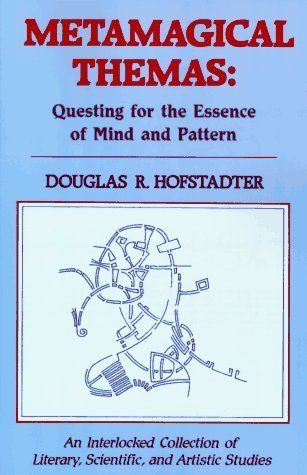Nomic (1982) Board Game
Nomic is a board game that was released in 1982 and is designed for 2 to 99 players. It falls under the categories of memory, negotiation, party game, and print & play. The game involves dice rolling, paper-and-pencil, and voting mechanisms.
Game Components of Nomic
How To Setup Nomic
To set up Nomic, begin by choosing a player to go first. This player proposes a new rule, which is then voted on by the other players. If the rule passes, it is written down on an index card. The game does not require a complex setup, as the initial rules are minimalist and designed to be modified as the game progresses.
Gameplay Mechanics and Game Objective
Gameplay Mechanics
Game Objective
Player Experience
Playing Nomic is an engaging and dynamic experience that combines strategy, diplomacy, and creativity. Players must navigate the evolving rule set, form alliances, and strategically propose and vote on rules to achieve their goals. The game encourages players to think critically about the rules and how they can be changed to benefit themselves or the group.
Pros
Cons
Personal Thoughts on Nomic
Nomic is ideal for players who enjoy strategic thinking, social interaction, and the creativity of shaping the game as it progresses. It is particularly suited for groups looking for a game that challenges their ability to navigate and manipulate complex systems. However, it may not be the best choice for those seeking a quick, straightforward gaming experience, as Nomic can become intricate and time-consuming. For educators and trainers, Nomic offers a valuable tool for teaching about legal systems, legislative processes, and social dynamics.
We are supported by our audience. When you purchase through links on our site, we may earn an affiliate commission, at no extra cost for you. Learn more.

